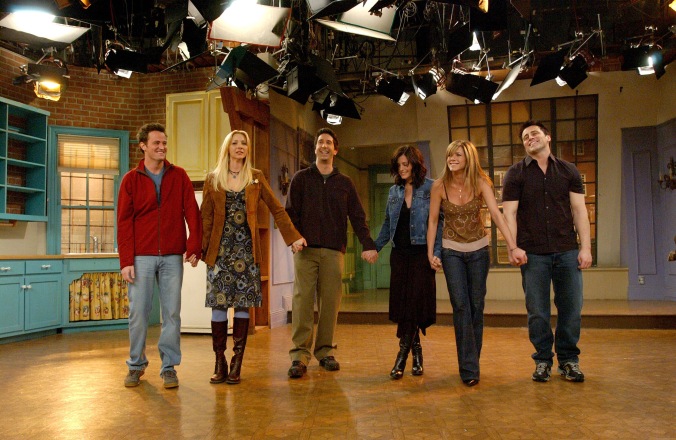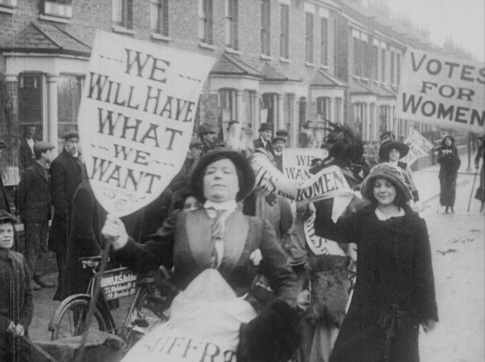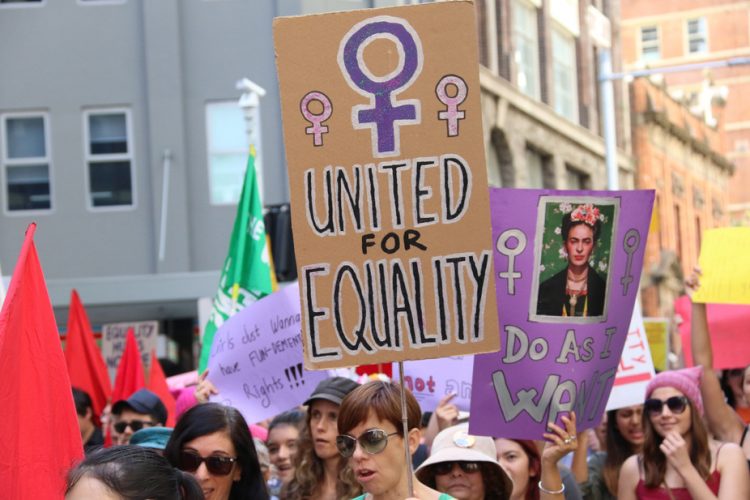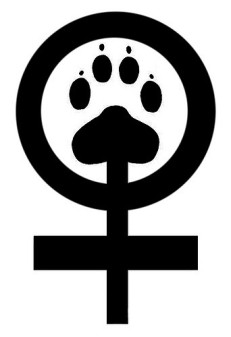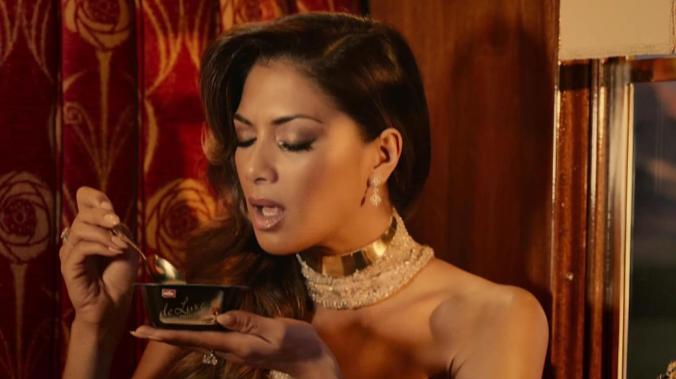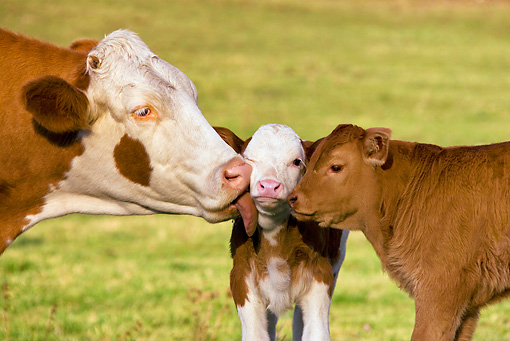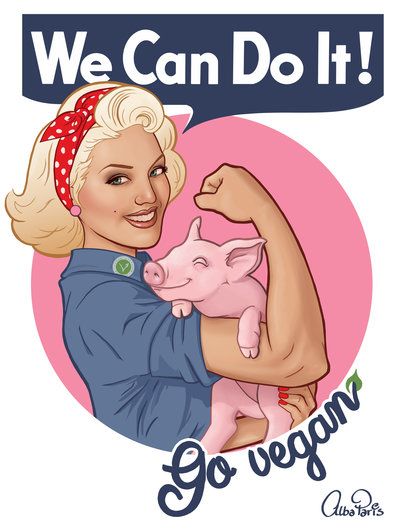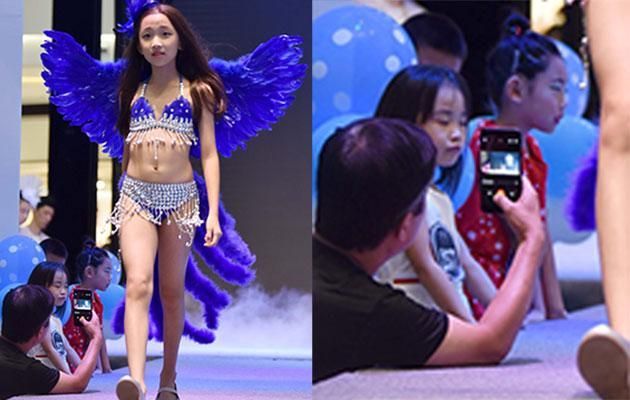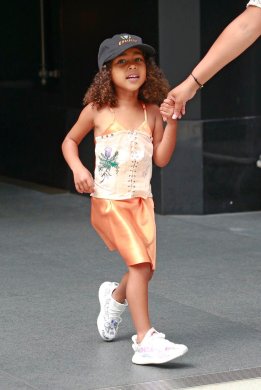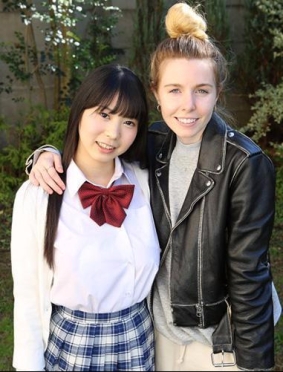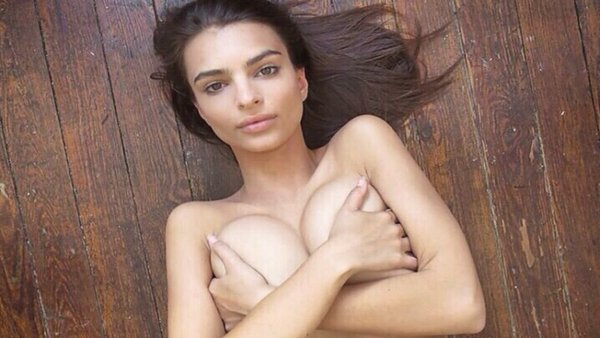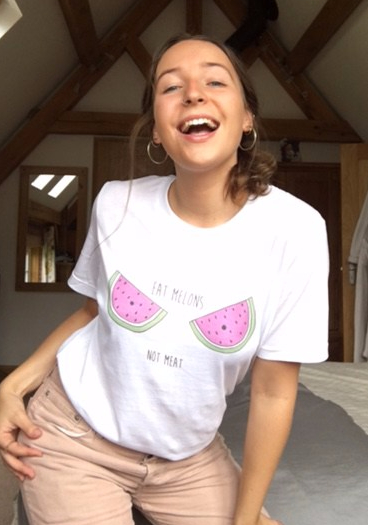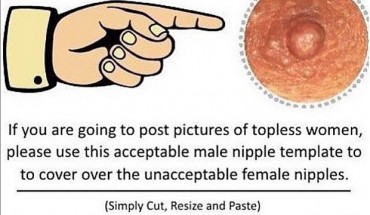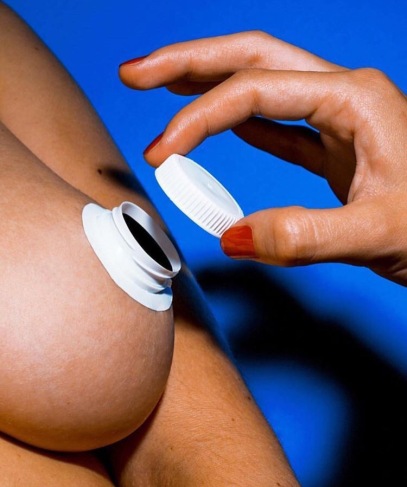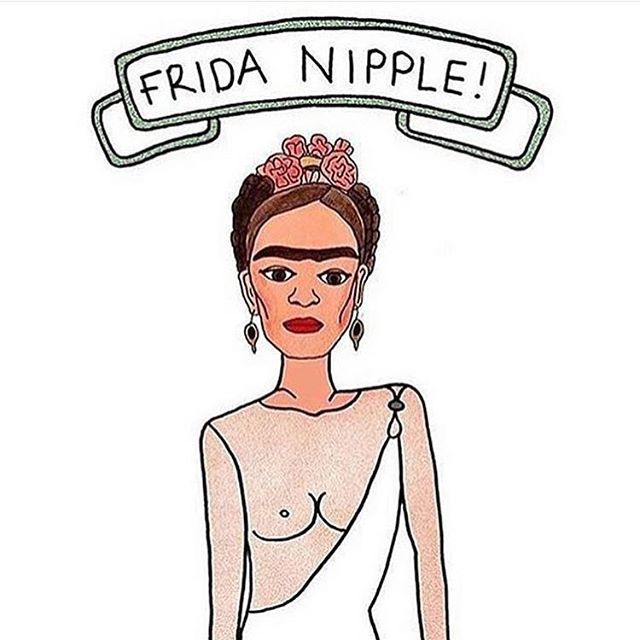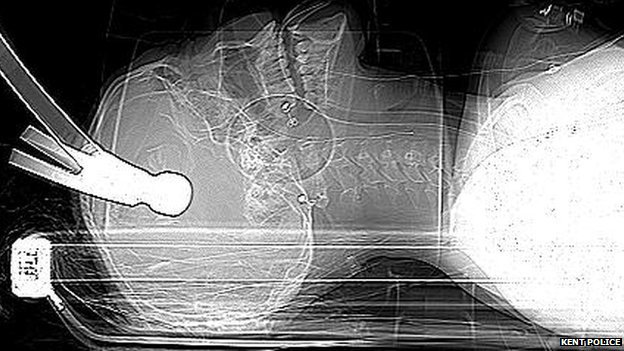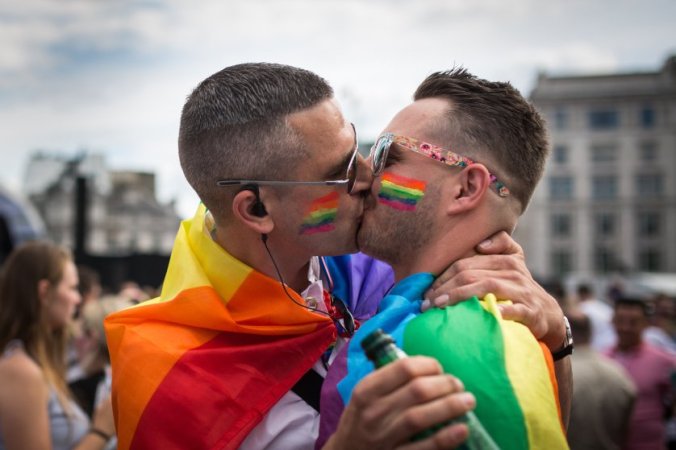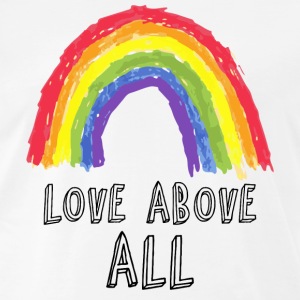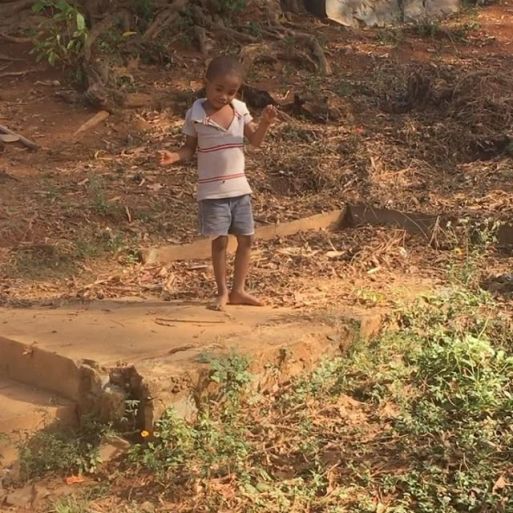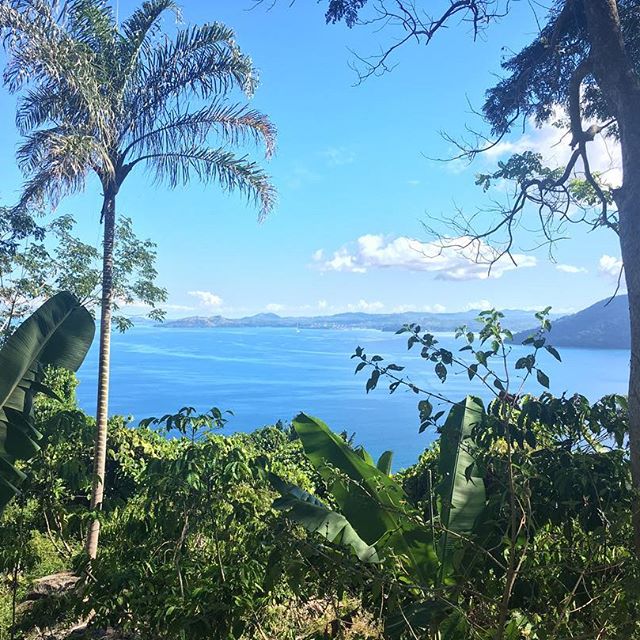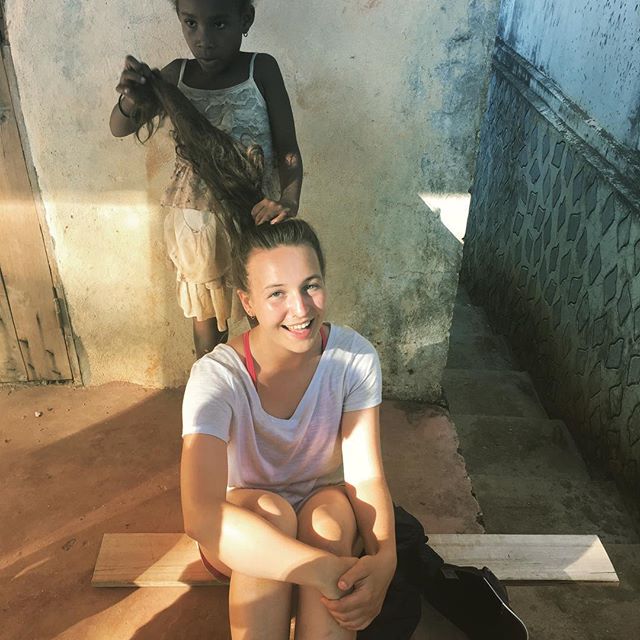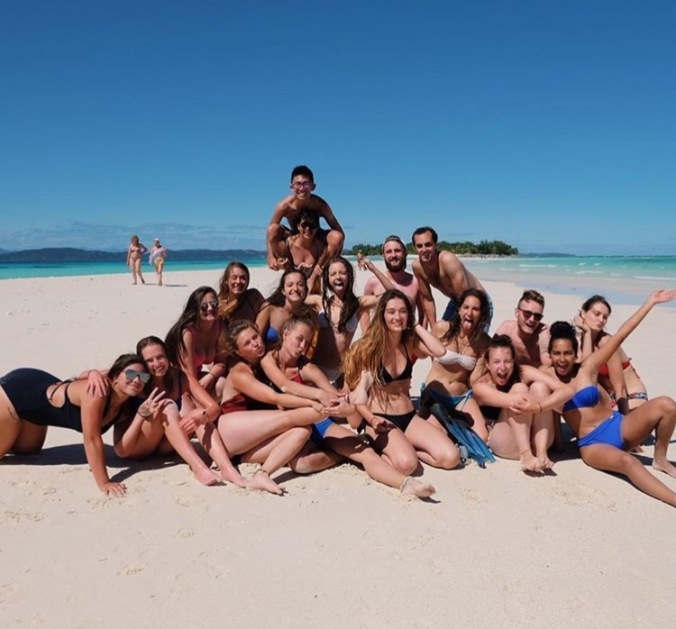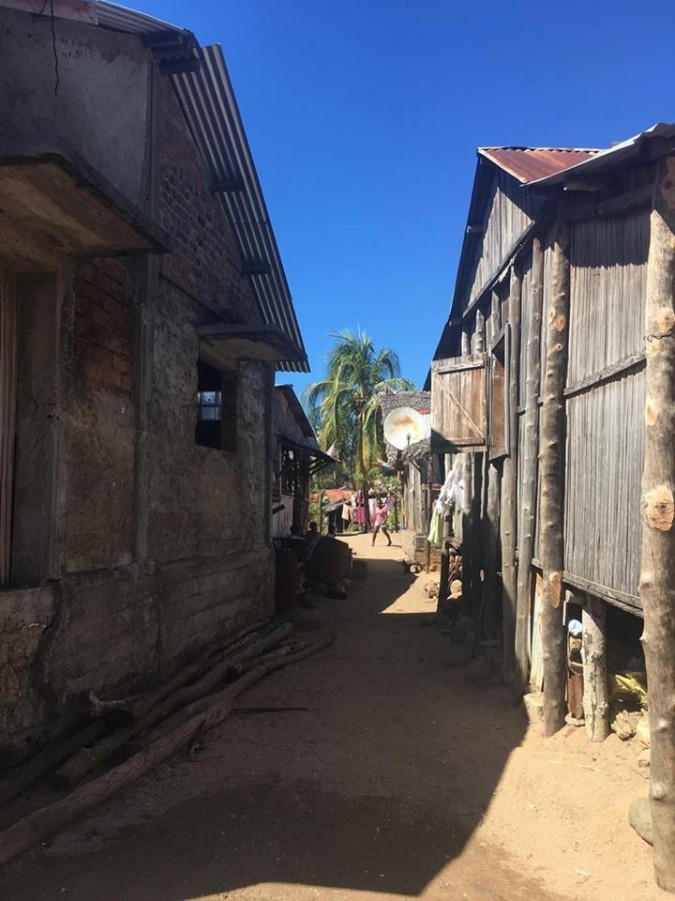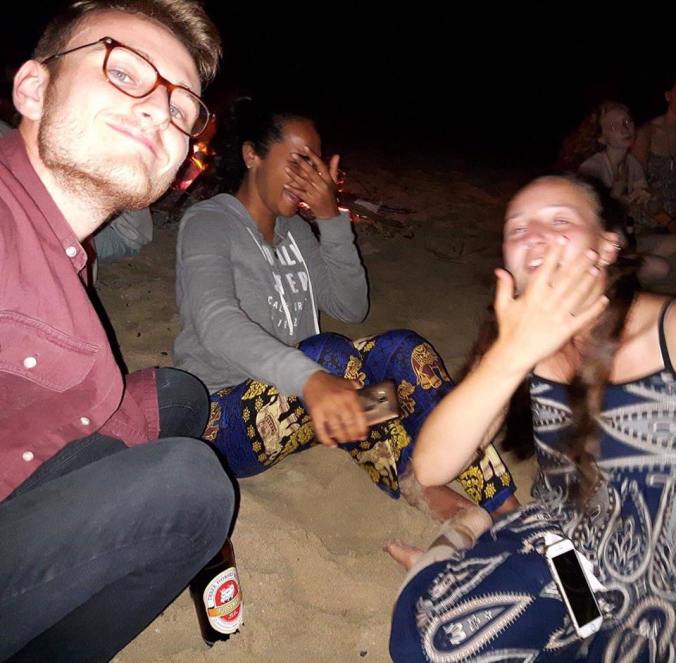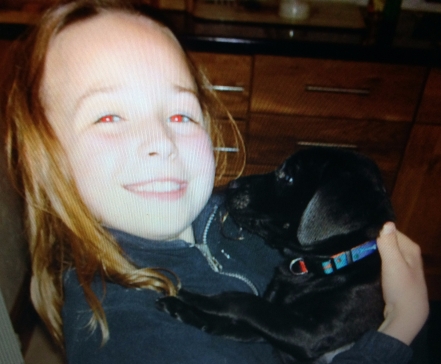It’s been sixteen months since I wrote for pleasure. Sixteen months since I scooped up a handful of time, placed it aside somewhere warm and safe, and said to it lovingly, “Time, we’re going to write a blog post, journal how I’m feeling, and feel great for it.” It’s been sixteen months since I opened up, maybe – at least in the way that feels most me.
It’s not that I haven’t been writing. I’ve probably written more these last sixteen months than ever before in my life. I completed my law degree (crippling review to follow), got a full-time job as a journalist, and on the side I wrote an article about sharks for a cool new ocean news magazine. But besides the shark article, I found myself lacking enthusiasm for pretty much everything I wrote, and pretty much everything I did in general. Finding this, I lost myself.
Recap.
My twenty-first birthday (the last time I decided to write a blog post) was filled with a humbling balance of nostalgia for younger years and the hope for what I was meant to embark on in my new phase of life: “adulthood.” Maybe it was the last time I was fully happy. Because although I’ve laughed plenty since, spent days and nights with best friends, met a boy and liked him a lot, and eaten far too much delicious vegan junk food, I’m not convinced I’ve felt that level of contentment since.
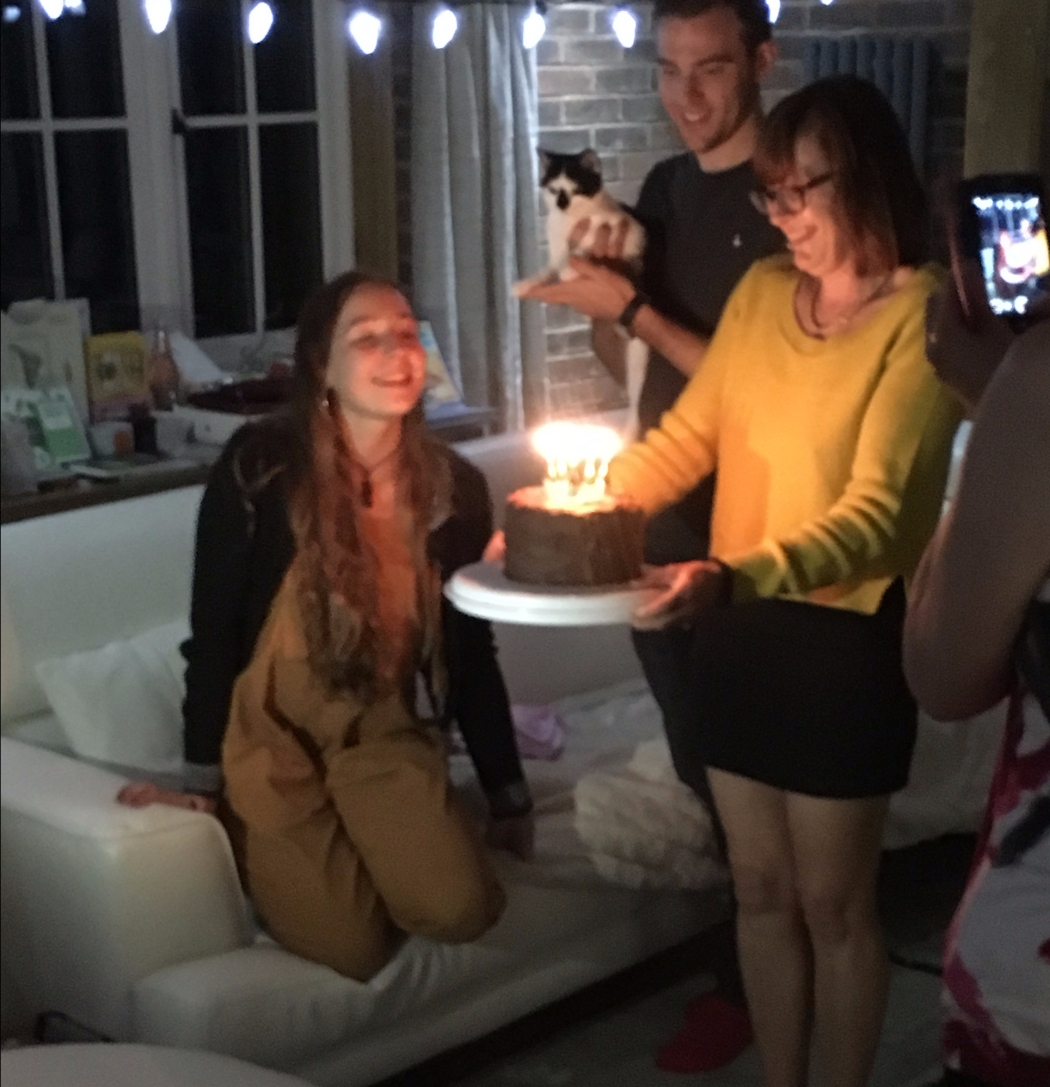
Good times
Mum got diagnosed with eye cancer the November after my birthday; I was depleted by forcing my energy into a degree I’d lost interest in (many an hour was spent crying over Jewish Law); other friends went through sad things; and everything just felt a bit futile. I was motivated by the promise of freedom and my list of “things to do once uni is over.” (Side note: I didn’t want the uni experience to end, just the degree – if only that was possible.) The list included learning Spanish (not yet achieved, tristemente), taking a drum lesson, and holding a handstand for more than five seconds. (These have also not been completed, though I did *beat* a heel-sized dent into the wall of my uni bedroom practising once.)
Then I graduated and instead of taking a break after three years of stress and the most challenging academic pressure and workload, I jumped into a job because I was desperate to earn money for travelling. Working from June through January means Zoe and I are now able to afford to go travelling for four months in February, which I know is a blessing, but my dreams of care-free, drum-playing, Spanish speaking summer days disappeared as quickly as I’d made that dent in the wall. I’m not sure why people hadn’t told me that graduating sucks.
Moving back home to your parents after three years of relative independence, not seeing the people you’d spent all your time with at uni for weeks on end, embarking on long-distance relationships, worrying about money now that student loan hasn’t got your back – it all sucks. “Welcome to the real world.”
Without any solid plans of what I want to do with my life (stressful discussion for another time), I knew travelling was my goal: a chance to explore the world, test myself with new life experience, and escape. With travel plans taking form, Mum would tell me constantly, “you’ve got so much to look forward to,” reminding me of this every night when I was miserable and drained and struggling to find purpose.
I ended up going to the doctors because I was sick of feeling hazy, sick of lacking motivation and care, sick of the relentlessness of each day, sick of being sad. A semi-patronising experience with a doctor who asked me “have you tried running?” (I had) led to my *official diagnosis,* which was a huge fucking relief. Depression! Thank God, really.
Is it weird that being told you’re depressed is the best thing you’ve felt in a while? Because you feel suddenly like it’s not your fault, you’re not just a grumpy bitch, you’re not just spoilt and dissatisfied with a life which from the outside looks pretty perfect.
I have plenty of friends who have had counselling and cognitive behavioural therapy, so I shunned the suggestion of anti-depressants in the hope that speaking to someone professional would help me clear my head. My initial phone call to discuss options was teary but left me feeling lighter; I’d finally spoken to someone impartial about areas of my life which were mushing my brain into a big black cloud of negative energy. Off to my first session I went, full of hope. And it was shit. Perhaps the counsellor I saw was having an off-day, perhaps my expectations were just wrong, but having been repeatedly told “you need to stop feeling like this” and “you should try not to focus on that” I left frustrated, angry, and helpless.
As the waiting lists for private counselling are weeks long (at best) I haven’t been for another session with someone else, but maybe I will at some point.
It’s 2pm and I’m quite hungry and this post is already fairly long so I won’t say much more on the big D, but it was exhausting pretending to be fine to people who didn’t know, putting on a brave face and supporting my mum who needed my help more than I needed hers, feeling guilty for being depressed when in the grand scheme of things I’m incredibly lucky to have the life I do, and it’s grim battling with yourself to try and just feel bloody fine.
But I’m working on it.
And, in the interests of this not being the most miserable post ever, let me tell you, 2018 wasn’t all glumness.
I saw some of my favourite music artists: Vance Joy, Tame Impala, Nick Mulvey, and – bucket list mission complete – Mumford & Sons. I spent time with my brother and sister-in-law who slowly turned to the vegan side, something I’m incredibly proud of. I spent hours on the sofa getting my feet tickled by my mum (if you don’t like foot tickles, get out) and spread the joy of tickles by giving endless cuddles and strokes to our old doggo. I saw friends I’ve not seen in months (including questionably-vegan Tomos Wooton who starred in my Madagascar post) and relished time with my university friends before we parted ways. Franky and I went to yoga on Tuesday mornings and were shit at it but felt great. Papa V showed me humorous animal videos and let me request songs at pre-drinks. I took part in Race for Life and a Memory walk, re-joined a gym and enjoyed the feel of a sweaty hairline and aching muscles and the soreness of a body put to good use; I tarnished my body with my first tattoos and was impressed by my own tolerance for pain. I started reading for pleasure again; I bought books on astrology and witchcraft and am determined to align my thoughts with the universe and accept that maybe I am exactly where the universe wants me to be. I did work experience at Bloomsbury Publishing House (Harry Potter fans, if you know, you know) and was asked to stay on for longer, and my mum received positive news at her twelve-month eye scan.
2018 was the most turbulent year, and it’s weird to be glad to be rid of it – it was my last year living with my best friends at uni, my last student loan payment hitting my bank account, my last year of being a student and hiding behind the guise of “students aren’t adults.” But in some ways it was the year I lost myself. I’d better bloody find myself in 2019 or this post is a little awkward and hopeless isn’t it!
In conclusion, hello, I’m back, I’m a bit sad, but I’m excited again for what’s to come and this blog might just help me navigate through that. Over and out for now, but I’ll be back before another sixteen months passes this time.
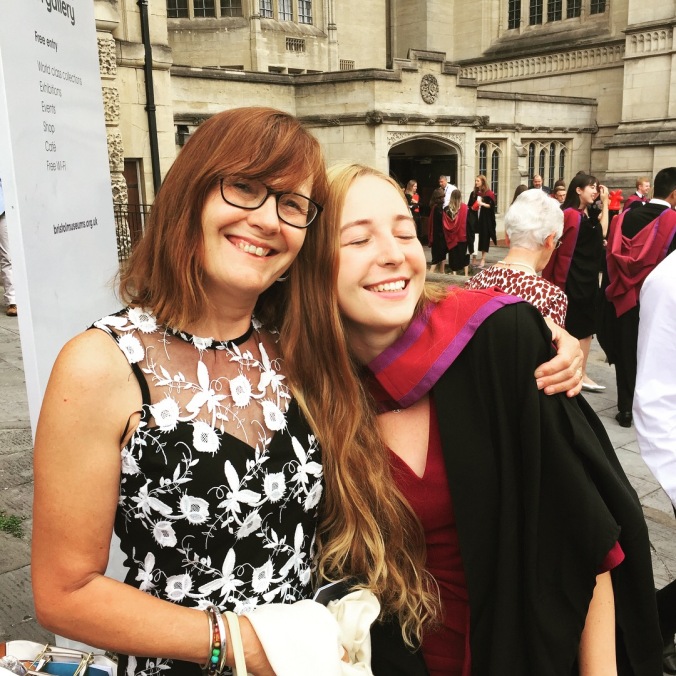
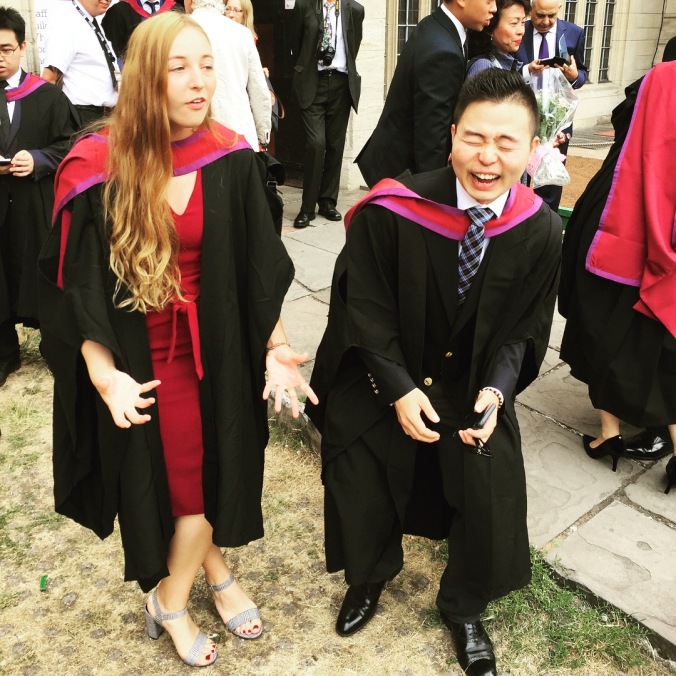
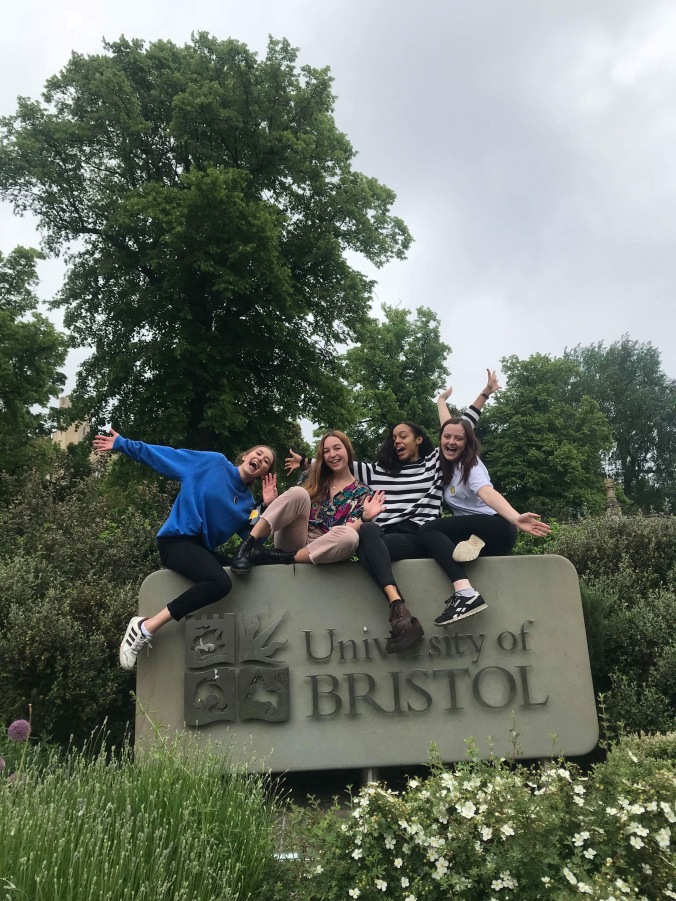
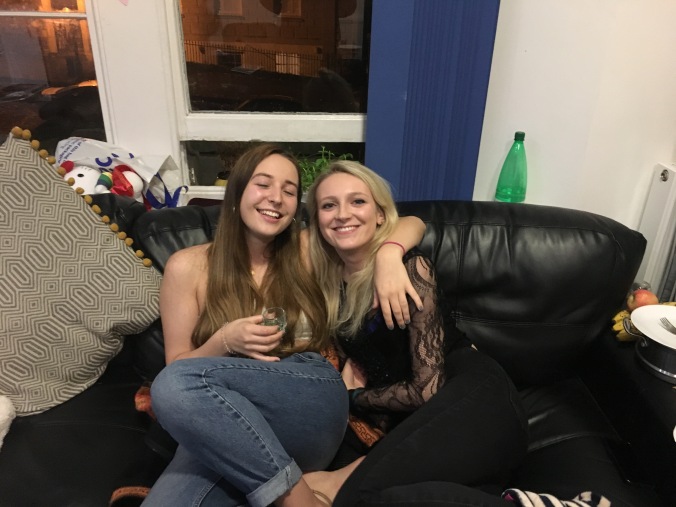
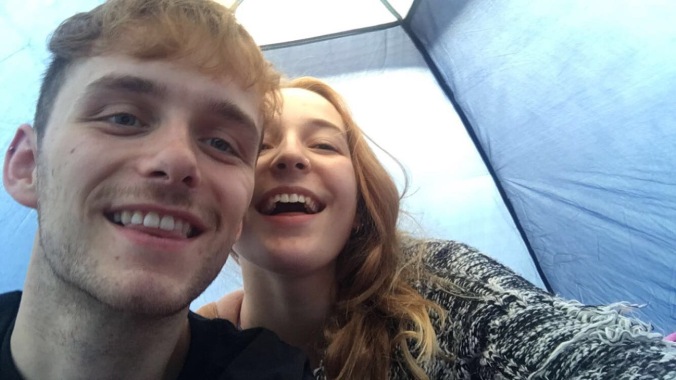
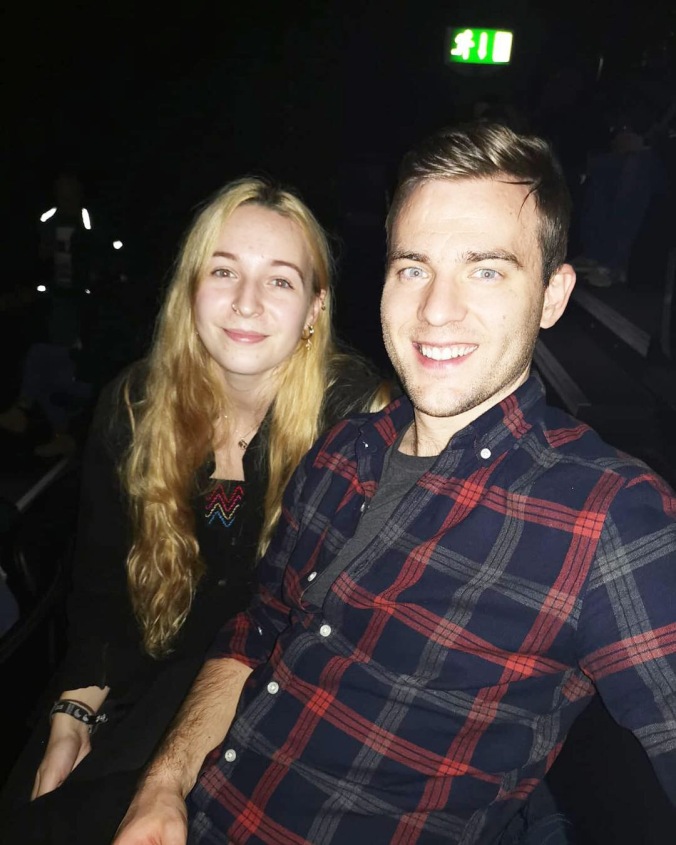
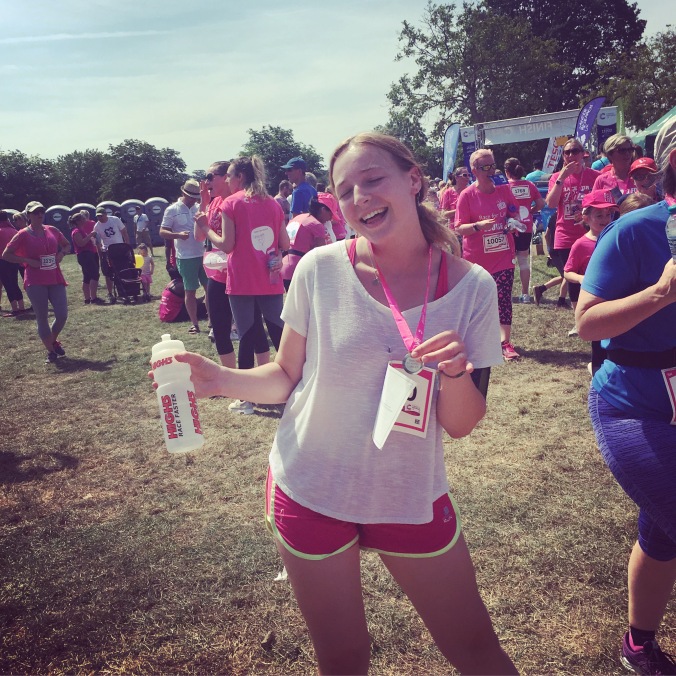
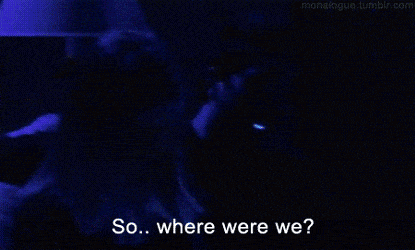
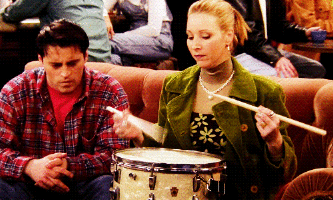
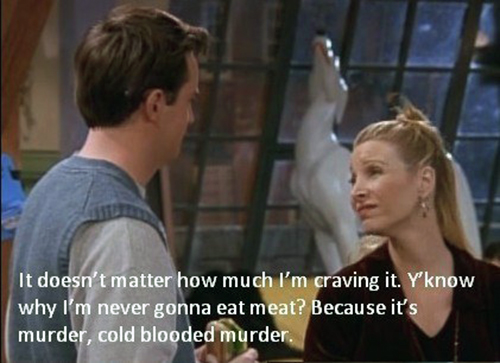
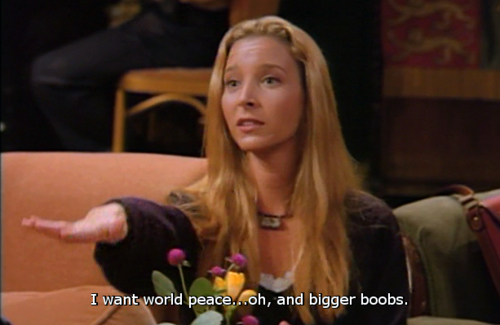
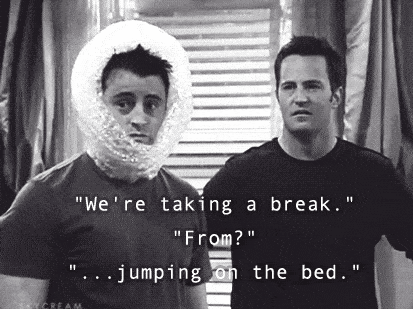
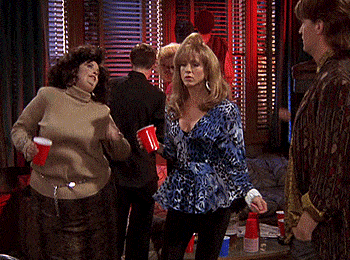
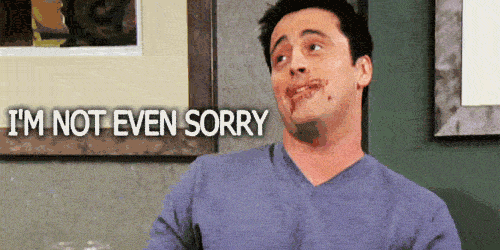
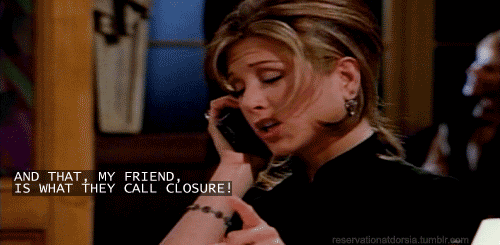
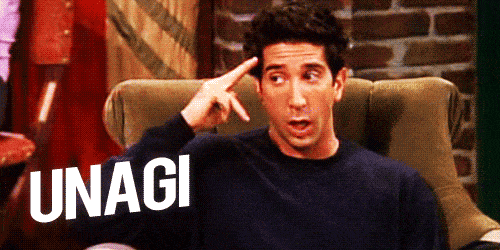
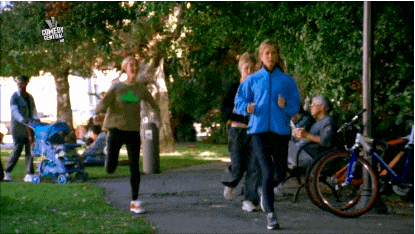
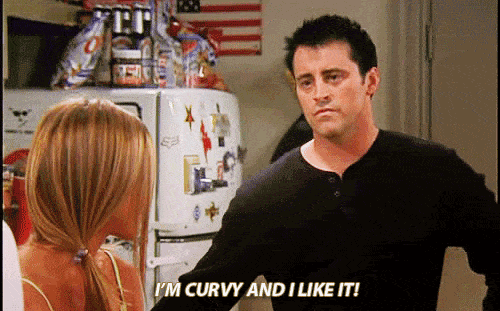
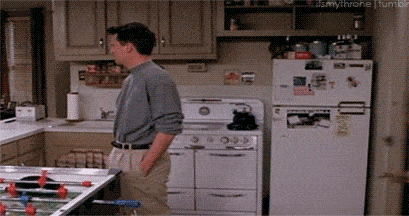
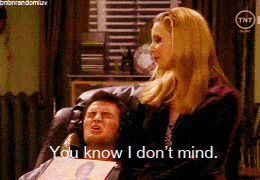
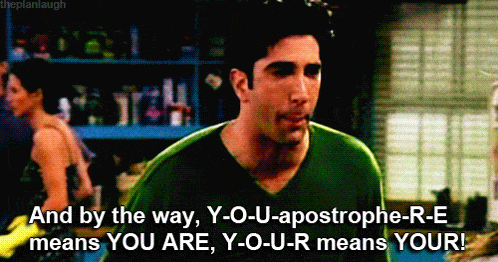
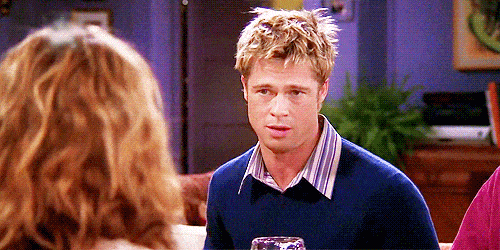
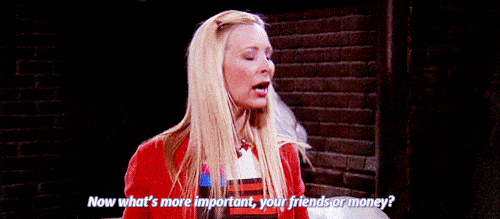
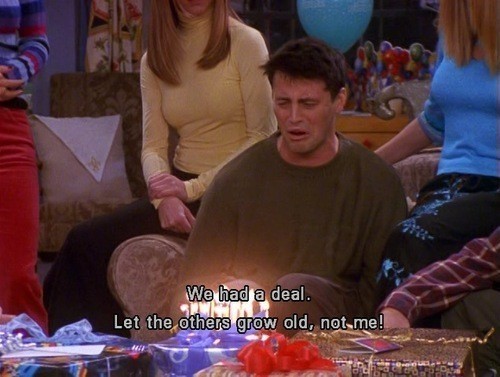
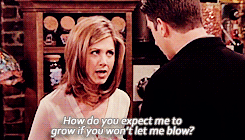
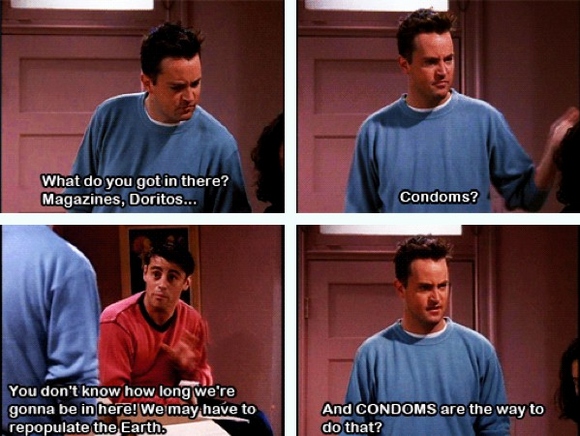 (On a side note, my Grandma introduced me to FRIENDS when I was around 5 and sometimes now I’ll see an episode I’ve not seen in years and only just understand the sexual references.)
(On a side note, my Grandma introduced me to FRIENDS when I was around 5 and sometimes now I’ll see an episode I’ve not seen in years and only just understand the sexual references.)